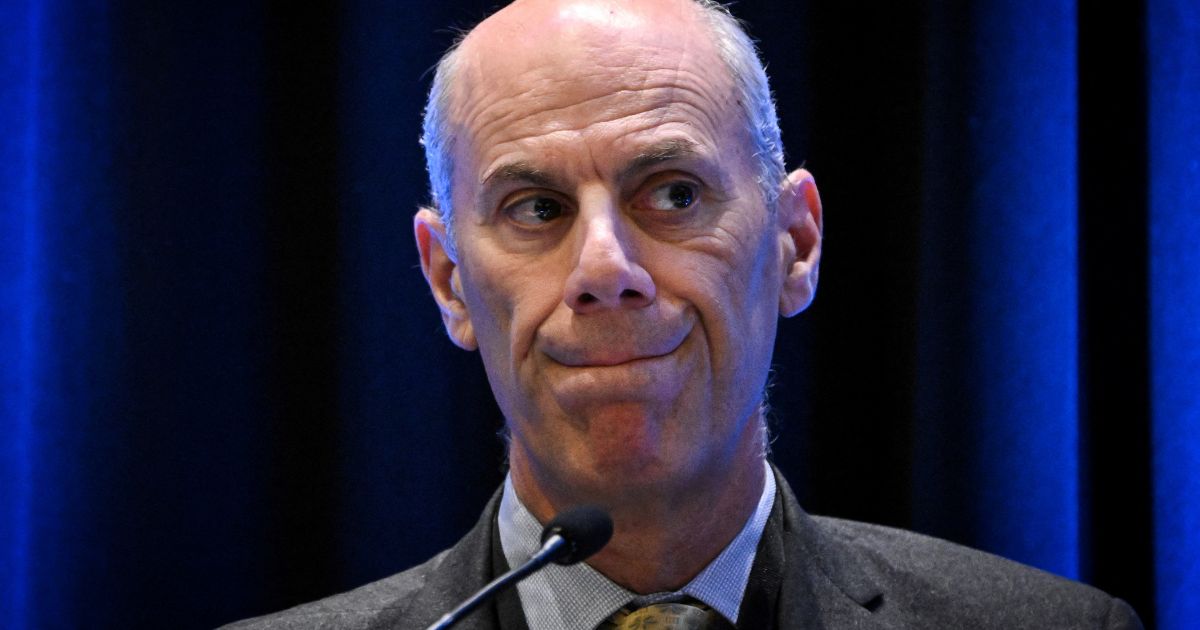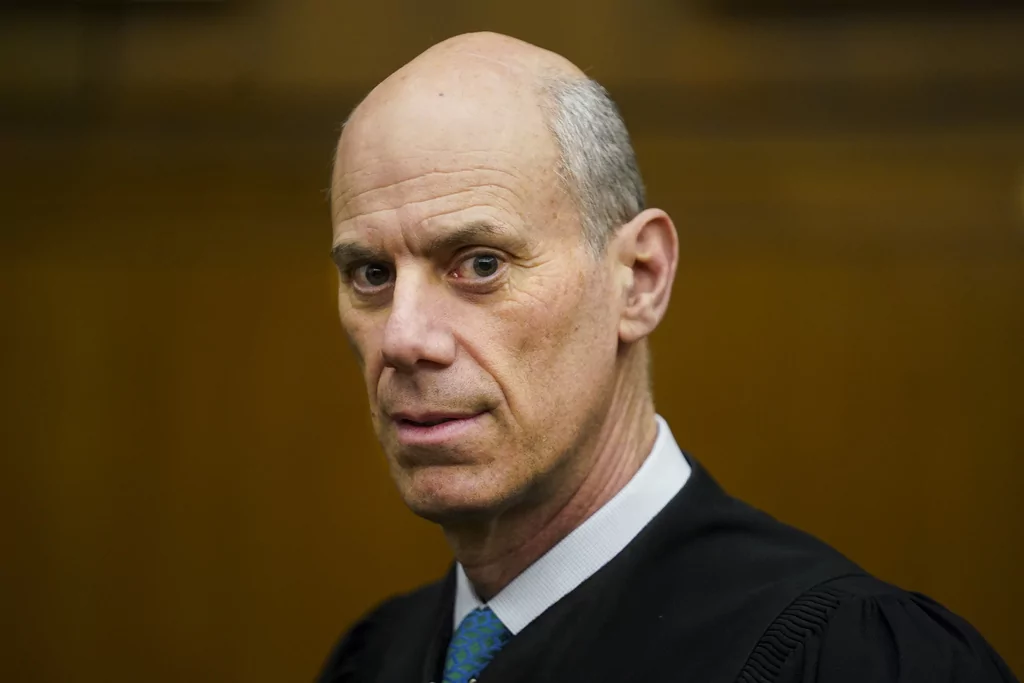Supreme Court rejects cases on admissions diversity, guns, and transgender policies – Washington Examiner
The Supreme Court recently decided not to hear three important cases involving racial diversity in school admissions,gun rights,and transgender policies involving parental consent. This decision has sparked varied reactions, especially among Republican-appointed justices, who indicated an openness to revisiting these controversial issues in the future.
In the case concerning race-conscious admissions policies in public schools, specifically regarding Boston’s admissions guidelines, the court rejected the appeal made by parents challenging the legality of the policy, wich had since been revised. While the plaintiffs no longer contested the updated guidelines, some justices expressed concerns about the lower court’s rulings on the previous policy. Justice Samuel Alito, joined by Justice Clarence Thomas, dissented, criticizing how lower courts interpreted a significant recent decision on affirmative action.
On the topic of gun rights, the Supreme Court declined to consider the case of Wilson v. Hawaii, related to firearm regulations in the state. The ongoing debates surrounding these legal issues reflect deeper societal divisions and the potential for future legal challenges that could again bring these matters before the court.
Supreme Court rejects cases on admissions diversity, guns, and transgender policies
The Supreme Court declined to hear three high-profile cases on Monday addressing issues of racial diversity in school admissions, gun rights, and parental consent in transgender policies.
Despite the denials, statements from several Republican-appointed justices, including Justices Clarence Thomas and Neil Gorsuch, suggested a willingness to revisit these contentious topics in the future.
Race-conscious admissions policy in public schools: Boston Parent Coalition v. Boston School Committee
The Supreme Court rejected an appeal from a group of parents challenging Boston’s since-revised public school admissions policy, which they said promoted race-conscious criteria.
Although the plaintiffs are no longer challenging the updated policy, several justices raised concerns about the lower courts’ findings over the original race-conscious policy.
Alito, joined by Thomas, dissented from the denial, arguing that the lower courts misapplied the court’s landmark 2023 decision in Students for Fair Admissions v. Harvard, which curtailed affirmative action at public and private universities.
Alito also criticized the U.S. Court of Appeals for the 1st Circuit treating evidence of disparate impact as a necessary component of an equal protection claim, calling this approach “indefensible” and a threat to the Supreme Court’s recent affirmative action precedent.
Sarah Hinger, the deputy director for the American Civil Liberties Union’s racial justice program, applauded the decision not to hear the case, arguing that the Supreme Court has previously “recognized that school boards may pursue and ‘adopt general policies to encourage a diverse student body, one aspect of which is its racial composition.’”
Meanwhile, Chris Kieser, a senior attorney at the Pacific Legal Foundation, told the Washington Examiner that “Boston Public Schools’ use of a ZIP Code quota as a naked proxy for race violates the Constitution’s promise of equal protection.”
“Regardless of today’s disappointment, the government’s use of skin color or ethnicity to choose who can attend public schools is a critical constitutional question that must be settled,” Kieser added.
Gun rights: Wilson v. Hawaii
The Supreme Court also declined to hear a challenge to Hawaii’s restrictive firearms licensing law, which was in effect at the time Christopher Wilson was charged with carrying a handgun without a permit.
Wilson argued that the law, which required applicants to demonstrate “special need” to obtain a license, violated the Second Amendment. Hawaii has since amended its licensing regime to a less discretionary “shall-issue” standard.
Thomas, in a statement joined by Justice Samuel Alito, criticized the Hawaii Supreme Court’s reasoning, arguing that the state’s licensing scheme clearly conflicted with the court’s 2022 decision in New York State Rifle & Pistol Association v. Bruen, which struck down New York’s restrictive concealed carry permit regime.
The Firearms Policy Coalition, which supported Wilson’s case, said Thomas, Alito, and Gorsuch indicated that they are awaiting a final decision from the Hawaii Supreme Court before considering to take up the matter.
Thomas wrote that in a future appropriate case, “we should make clear that Americans are always free to invoke the Second Amendment as a defense against unconstitutional firearms-licensing schemes.”
Transgender policies: Parents Protecting Our Children v. Eau Claire School District
Finally, the Supreme Court declined to hear a case involving a Wisconsin school district’s policy that allows students to create “Gender Support Plans” without parental consent or notification.
The petitioners, a group of parents, argued that the policy violated their constitutional right to raise their children. The U.S. Court of Appeals for the 7th Circuit dismissed the case for lack of standing, reasoning that the parents could not show that their children were directly affected.
Alito, joined by Thomas, dissented, criticizing the lower court for interpreting the parents’ concerns as “speculative” despite the district’s explicit guidance to keep parents uninformed in certain situations.
Alito noted that lower courts addressing this case relied “principally” on the Supreme Court’s standing precedent from the 2013 case Clapper v. Amnesty International USA, but he said he would grant this case to address “this questionable understanding of Clapper and related standing decisions.”
“I am concerned that some federal courts are succumbing to the temptation to use the doctrine of Article III standing as a way of avoiding some particularly contentious constitutional questions,” Alito said.
While the high court’s decision to deny certiorari in the above cases leaves the lower court rulings intact, the statements from conservative justices indicate that these topics remain far from settled.
Justice Brett Kavanaugh’s lone note in favor of hearing the parental rights case underscores the ideological divide that could shape future battles.
" Conservative News Daily does not always share or support the views and opinions expressed here; they are just those of the writer."





Now loading...